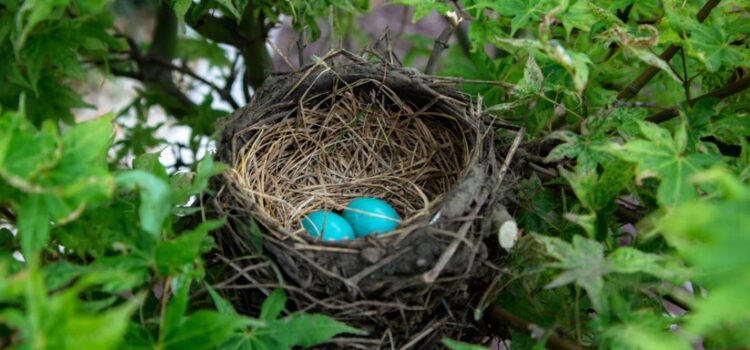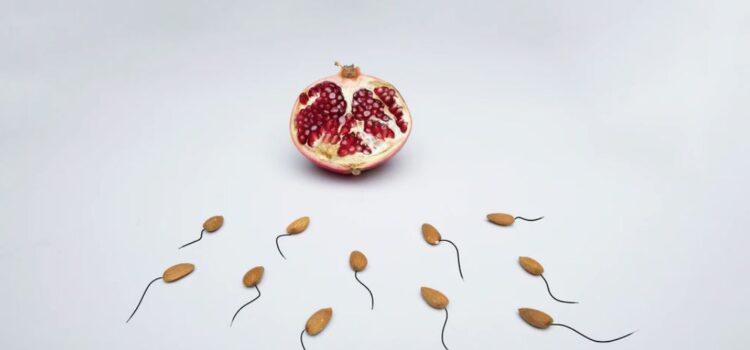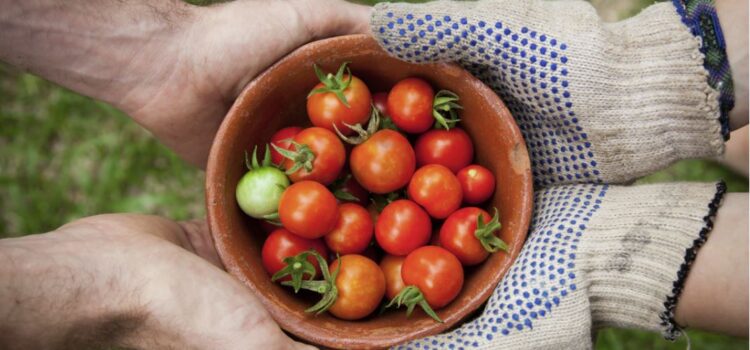What are the five questions you should ask yourself when looking at statistics? How can you tell when a statistic is being manipulated? It is important to perform a statistical evaluation before you trust any statistic you’re given. Many statistics are manipulated to fulfill an agenda but even manipulated statistics can provide you with valuable information. Continue on to learn how to perform a statistical evaluation.
Statistical Evaluation: How to Assess Legitimacy










